“The Only True and Living Church”
Reading assignment
Doctrine and Covenants 20:1–36, 68–69, 75–79; 21; 27; 115:1–4;
Our Heritage, pages 14–16.
Links: Teacher’s manual | Student manual
It’s a busy year for Your Humble Godless Doctrine teacher. So I’m posting this lesson as kind of a rough outline, with the intention of filling in the details later. Think of this as the notes that a Gospel Doctrine teacher would walk into class with.
Overview
The Church of Christ Jesus Christ of Latter-day Saints was officially reorganised on 6 April 1830. Members partook of the Sacrament. From the manual:
• Explain that at the meeting in which the Church was organized, members partook of the sacrament (History of the Church, 1:78). Why do you think it was important to have the ordinance of the sacrament performed at the first meeting of the restored Church?
This sacrament meeting happened on a Tuesday. How weird would that seem to Mormons today? Never mind, they’re always at church.
Reading
Without the church
The lesson begins with a perennial question:
•How might your life be different if the Church had not been restored or if you were not a member of the Church?
I remember members of my ward telling big stories about how they didn’t know where they’d be without the church. They’d probably be dead or in jail.
Sound familiar? It’s all part of a “scary external world” narrative in which life outside the religion is made to look unappealing.
I did learn a few good things from my time in the church. I got good at public speaking and giving lessons. I had lots of music in my background, and even though LDS music isn’t particularly good, it paved the way for better music later. I don’t mind that I didn’t drink alcohol.
The best thing about my church upbringing was that I learned to value truth. Truth mattered. That’s why the church was great: because it was true. This was what got me out of the church when it no longer appeared to be true. Leaving was an act of integrity.
In some ways, I would have been better off without the church. I wouldn’t have had to make up excuses for an organisation that was human, but that claimed to be divine. The LDS Church teaches false history, false morals, and (most important) a false method for finding truth. I could have done without all of that.
Now I’m finding that life without the church is kind of great.
Wine swap
God soon changed the sacrament, substituting water for wine.
• In D&C 27, the Lord gave further instructions to Joseph Smith regarding the sacrament. What was Joseph doing when he received this revelation? (See the heading to D&C 27.) What did Joseph learn about the sacrament in this revelation? (See D&C 27:2.) How can we partake of the sacrament “with an eye single to [Christ’s] glory”?
This is kind of odd. Why would God not have told the Saints to use water from the start? Did he forget? Or is this someone making it up as they go?
From mine own mouth
Mormons teach that they should obey the president of the church as though he were God.
D&C 1:38 What I the Lord have spoken, I have spoken, and I excuse not myself; and though the heavens and the earth pass away, my word shall not pass away, but shall all be fulfilled, whether by mine own voice or by the voice of my servants, it is the same.
D&C 21:4 Wherefore, meaning the church, thou shalt give heed unto all his words and commandments which he shall give unto you as he receiveth them, walking in all holiness before me;
5 For his word ye shall receive, as if from mine own mouth, in all patience and faith.
Sufficient time
Section 20 says that converts should have “sufficient time” to teach about the church. (I note that “sufficient information” is not a priority.)
D&C 20:68 The duty of the members after they are received by baptism—The elders or priests are to have a sufficient time to expound all things concerning the church of Christ to their understanding, previous to their partaking of the sacrament and being confirmed by the laying on of the hands of the elders, so that all things may be done in order.
69 And the members shall manifest before the church, and also before the elders, by a godly walk and conversation, that they are worthy of it, that there may be works and faith agreeable to the holy scriptures—walking in holiness before the Lord.
This advice has been ignored where convenient. Here’s a story (PDF | Text) about the disastrous “baseball baptism” era, in which kids were hurriedly baptised, knowing nothing about the church. Henry Moyle, the architect of this plan, told missionaries:
You elders need have no concern, no matter from what source the criticism comes, as to whether your baptisms are too fast. . . . If you think that President McKay does not know what is going on and that Brother Moyle and Brother Woodbury, and Brother Brockbank are “pulling a fast one,” so to speak, why you are mistaken about that. . . . I have noted a little apologetic tone in some of your voices about baptizing too many young people. Well don’t put on the brakes.
April 6th
This part is going to get a little bit Star-Warsy, in the sense that I’m going to pick over the minutia of something that normal people don’t care about. But I’ll make a point along the way.
The question is: Do Mormons think that Jesus was born on April 6th?
People at church in my old home ward sure thought so. They would read about how Joseph Smith received the precise day for the organisation of the church:
The Prophet wrote, “We obtained of Him [Jesus Christ] the following, by the spirit of prophecy and revelation; which not only gave us much information, but also pointed out to us the precise day upon which, according to His will and commandment, we should proceed to organize His Church once more here upon the earth.”
And then they’d read Section 20:
D&C 20:1 The rise of the Church of Christ in these last days, being one thousand eight hundred and thirty years since the coming of our Lord and Savior Jesus Christ in the flesh, it being regularly organized and established agreeable to the laws of our country, by the will and commandments of God, in the fourth month, and on the sixth day of the month which is called April
and they’d think, “Yep — that’s Jesus’ birthday all right.”
Except it’s not all that clear. It depends on the writer’s intention (and that writer would appear to have been John Whitmer, who wrote a lot of the intros for the sections in the Book of Commandments). Was the writer intending to say that April 6, 1830 was exactly one thousand eight hundred and thirty years to the day, or just to the year?
Well, if he meant ‘to the year’, then he was wrong. Jesus couldn’t have been born in CE 0 (or even CE 1) because Herod was already dead by BCE 4, and the census under Quirinius (mentioned in Luke) wouldn’t have taken place until 6 CE. Problems!
If we can’t get the year right, how could we get the day? All we really know is that December 25th is almost certainly wrong, and was decided on as a way of co-opting the festival of Saturnalia.
However, church leaders have said that, yup, April 6th is Jesus’ birthday.
Harold Lee in 1976:
This is the annual conference of the Church. April 6, 1973, is a particularly significant date because it commemorates not only the anniversary of the organization of The Church of Jesus Christ of Latter-day Saints in this dispensation, but also the anniversary of the birth of the Savior, our Lord and Master, Jesus Christ. Joseph Smith wrote this, preceding a revelation given at that same date:
“The rise of the Church of Christ in these last days, being one thousand eight hundred and thirty years since the coming of our Lord and Savior Jesus Christ in the flesh, it being regularly organized and established agreeable to the laws of our country, by the will and commandments of God, in the fourth month, and on the sixth day of the month which is called April.” (D&C 20:1.)
Spencer Kimball in 1980:
My brothers and sisters, today we not only celebrate the Sesquicentennial of the organization of the Church, but also the greatest event in human history since the birth of Christ on this day 1,980 years ago. Today is Easter Sunday.
David Bednar in 2014 (and he’s even scripture!)
Today is April 6. We know by revelation that today is the actual and accurate date of the Savior’s birth. April 6 also is the day on which The Church of Jesus Christ of Latter-day Saints was organized.
But somehow this wasn’t enough for the Encyclopedia of Mormonism, which says:
The LDS Church has not taken an official position on the issue of the year of Christ’s birth. Bruce R. McConkie, an apostle, offers what for the present appears to be the most definitive word on the question: “We do not believe it is possible with the present state of our knowledge-including that which is known both in and out of the Church-to state with finality when the natal day of the Lord Jesus actually occurred” (Vol. 1, p. 349, n. 2).
Ask: Why would the word of prophets not be enough to establish the date?
This should raise some tremors:
Although most Christians celebrate December 25 as the birthday of Jesus Christ, few in the first two Christian centuries claimed any knowledge of the exact day or year in which he was born. The oldest existing record of a Christmas celebration is found in a Roman almanac that tells of a Christ’s Nativity festival led by the church of Rome in 336 A.D. The precise reason why Christmas came to be celebrated on December 25 remains obscure, but most researchers believe that Christmas originated as a Christian substitute for pagan celebrations of the winter solstice.
We’ve seen in previous lessons how Joseph Smith failed to write down significant events in the church’s history that were supposed to have happened, and this is probably a sign of a made-up story. Well, it looks like Jesus’ birth falls into that category as well. Were the early Christians just really bad with birthdays? Or was the story invented after the fact?
It’s okay with me if Jesus existed, but the whole thing begins to look like a cobbled-together myth.
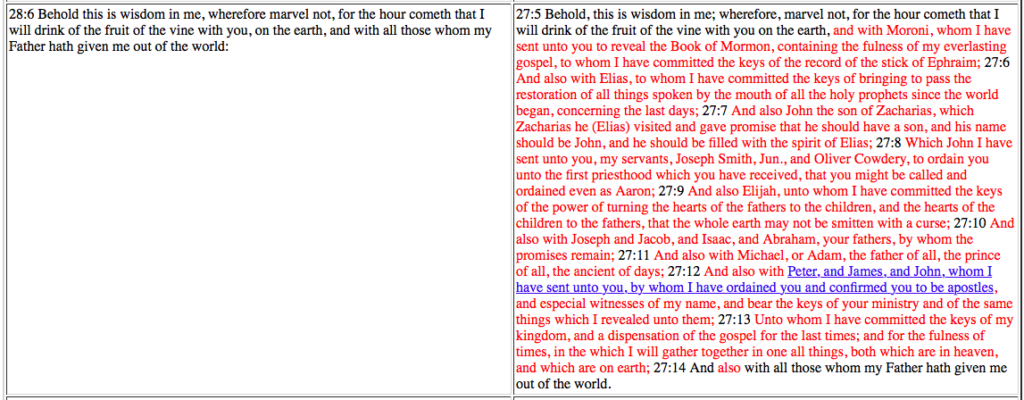
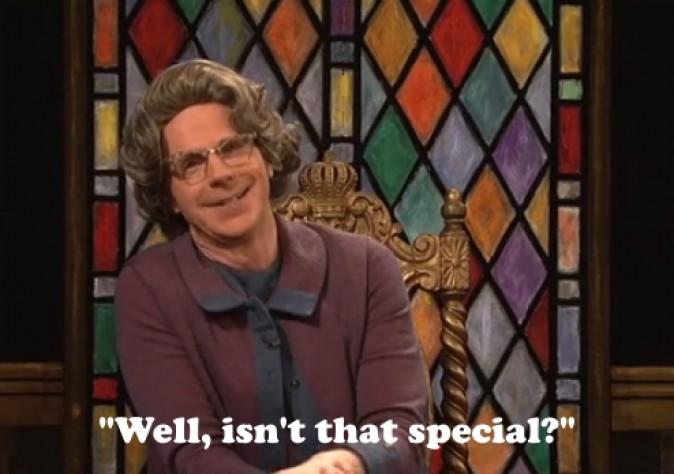
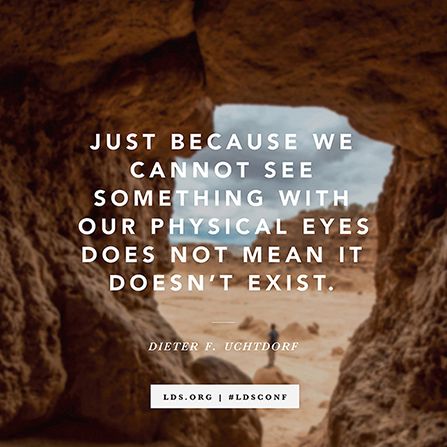
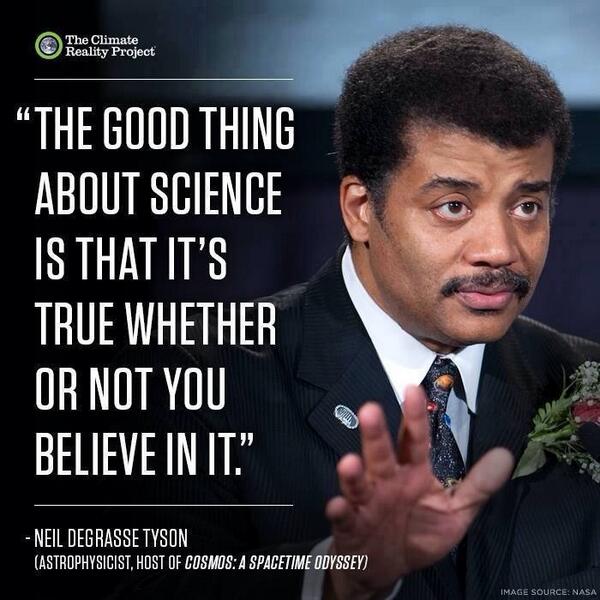
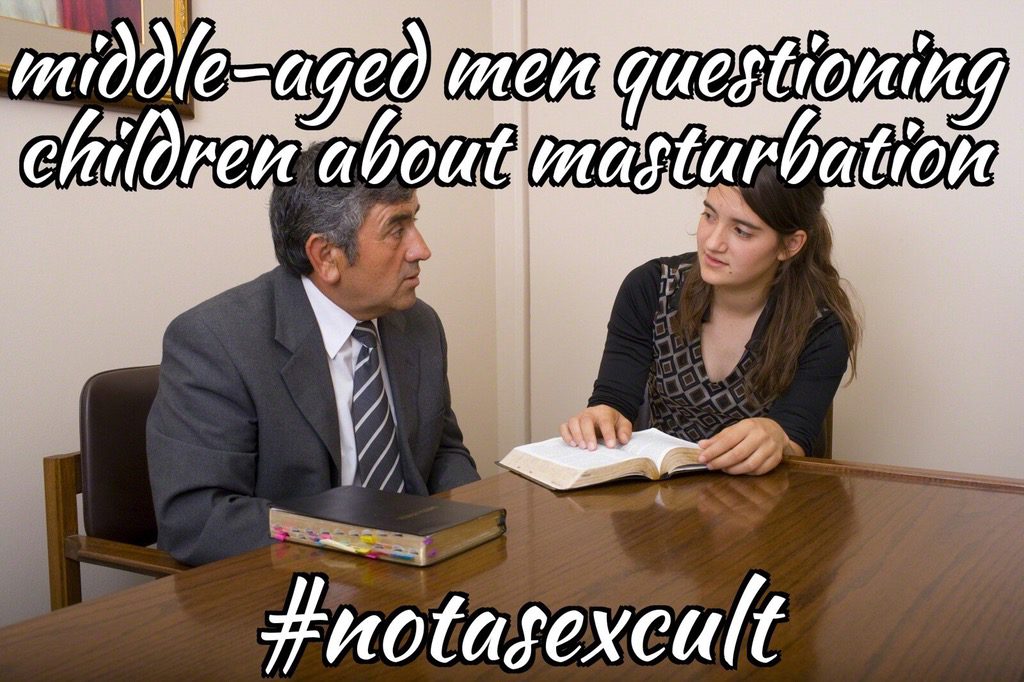
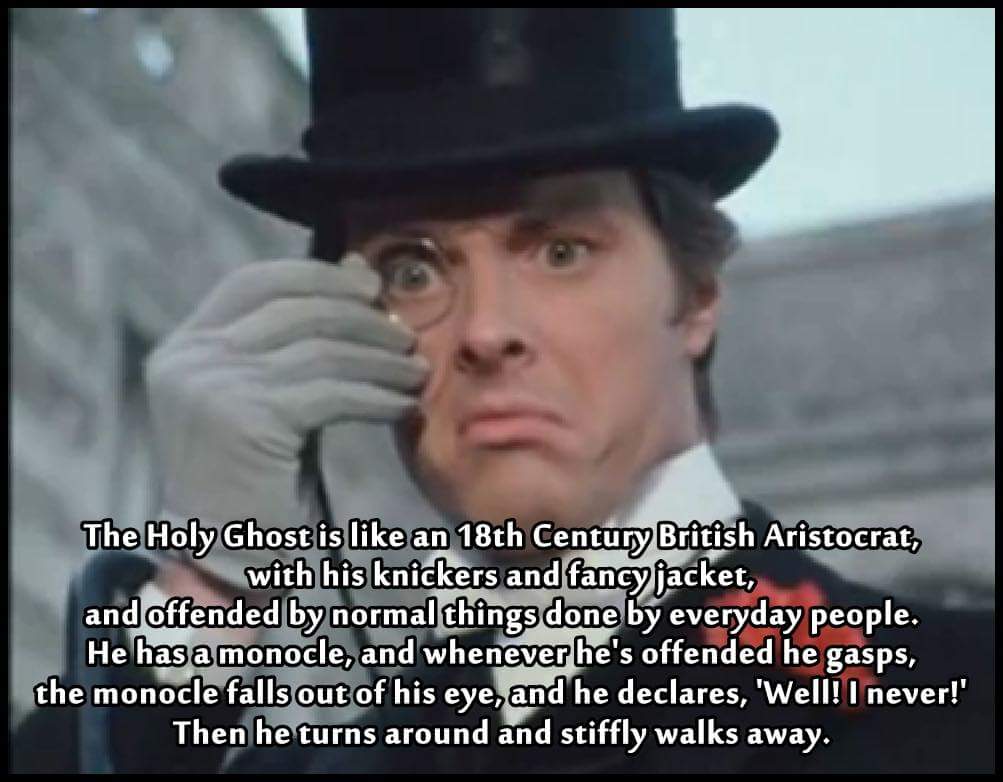
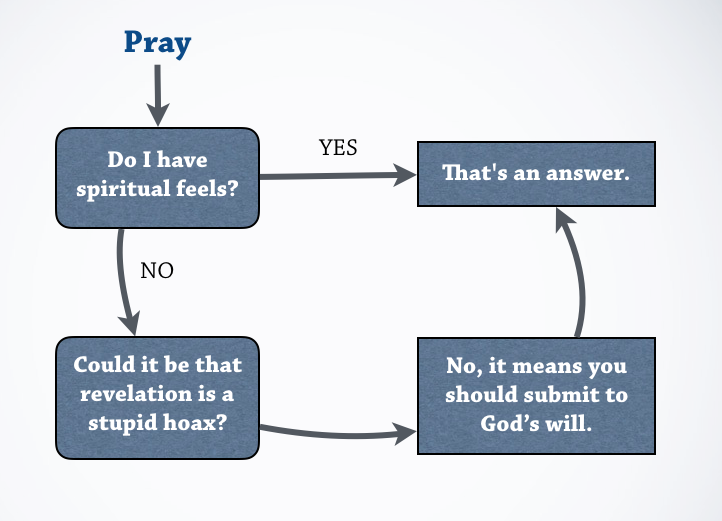
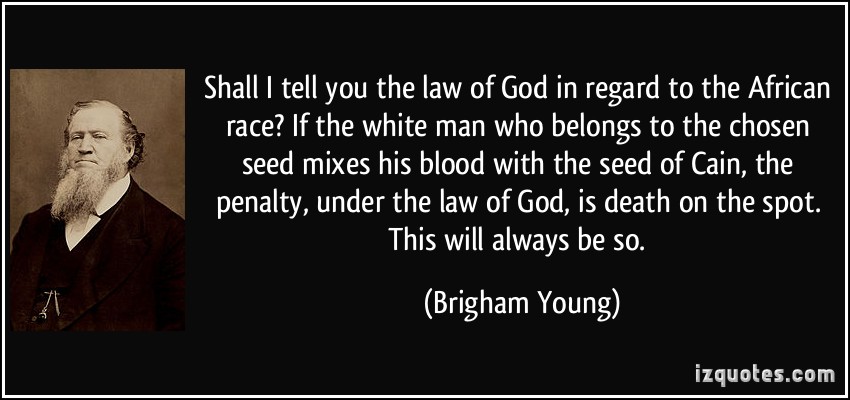
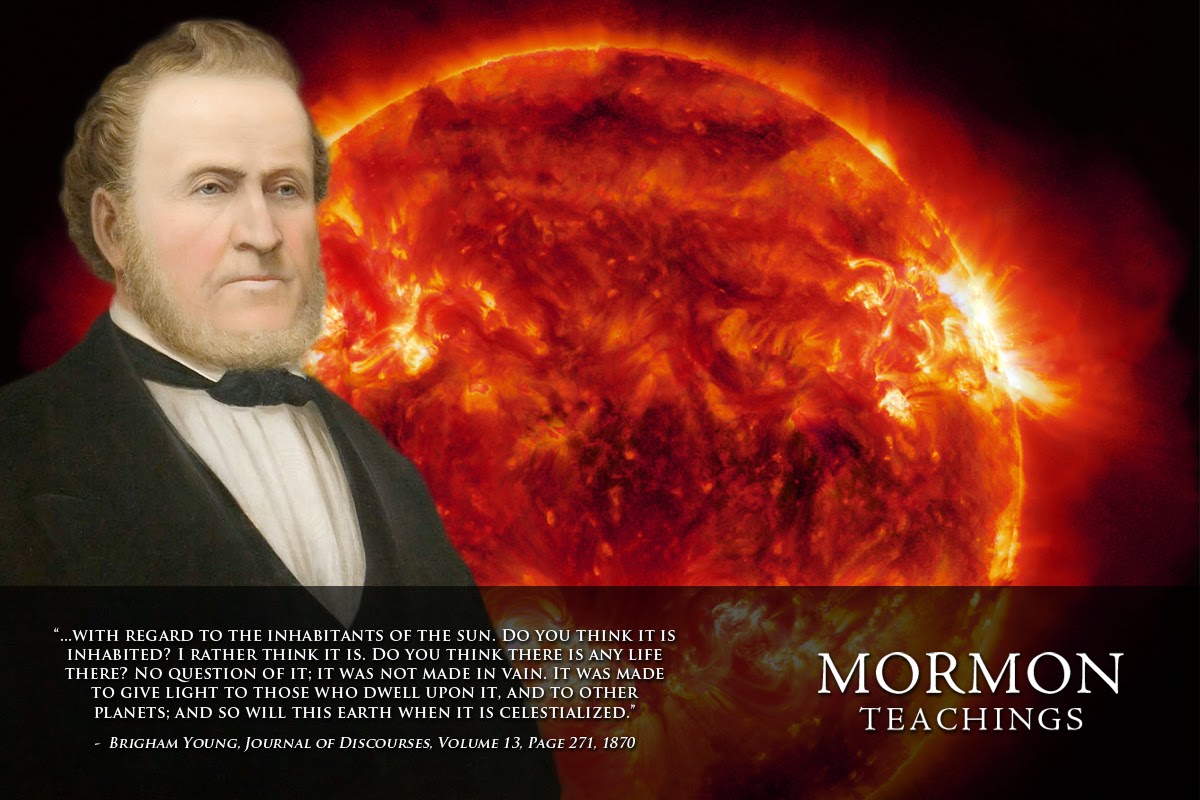

Recent Comments